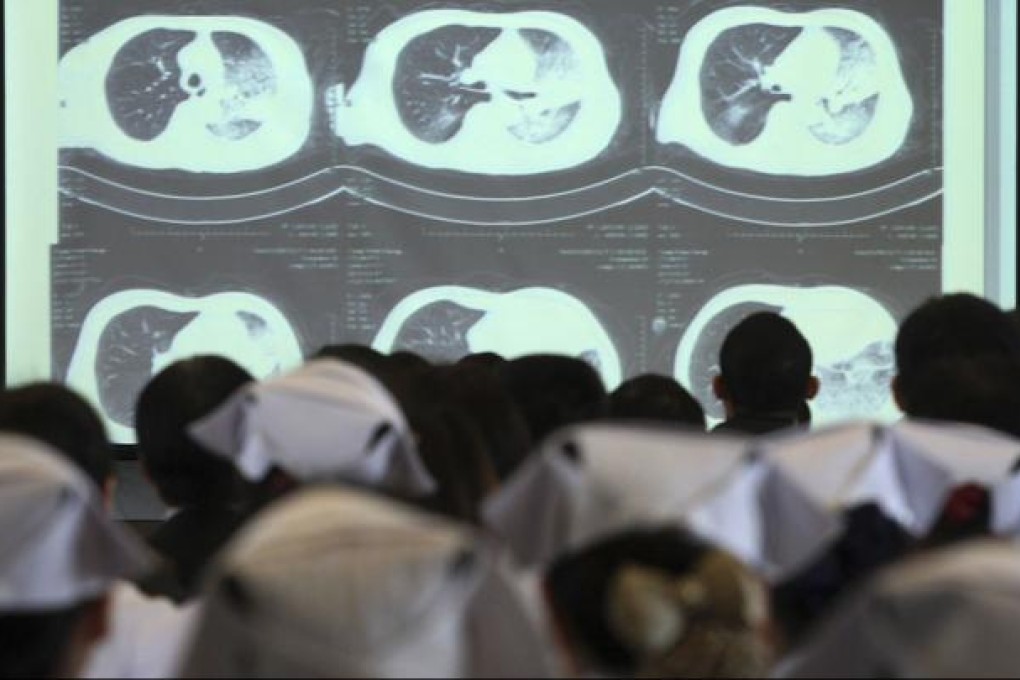Beijing needs to give world full picture of bird flu outbreak
One of the most important lessons of the 2002-03 Sars outbreak was that more openness from mainland officials would have helped combat the epidemic. There is evidence it has been remembered - though perhaps belatedly - in the release of information about the current deadly outbreak of H7N9 avian flu.

One of the most important lessons of the 2002-03 Sars outbreak was that more openness from mainland officials would have helped combat the epidemic. There is evidence it has been remembered - though perhaps belatedly - in the release of information about the current deadly outbreak of H7N9 avian flu. The World Health Organisation and other experts have noted it. Yet there remains a disquieting echo of the crisis 10 years ago. To reassure the public, Beijing needs to take firm control of the disclosure of information.
The timing and circumstances of the H7N9 outbreak bear an uncanny resemblance to those of the emergence of Sars in the mainland in late 2002. Though a decade apart, both outbreaks emerged at an inopportune time for a public health crisis - between the national party congress in November and the National People's Congress in March, when new top leaders formally took charge. In the interim, a reshuffle of heads of government at all levels led to uncertainty in the corridors of power, if not a hiatus in administration. In 2002, this resulted in a slow response. Officials did not begin to come clean until after the NPC. The cover-up enabled the virus to spread into an unsuspecting Hong Kong in 2003 and the outside world.
The first H7N9 patients were admitted to hospital in February, just as regional people's congresses finished installing local leaderships. They died in Shanghai two weeks later on March 4 and 10 respectively, when attention was focused on the NPC. Their deaths - and the first reported human cases of H7N9 - were not disclosed until March 31. Understandably, this has given rise to speculation online, with some expressing anger at the delay. In Hong Kong, the health minister and an infection specialist pointed out that it could take time to identify the virus.
Since then the authorities have been more prompt in disclosure, and the Shanghai party secretary has made it clear information should be released as soon as possible.
The central government should do a better job of maintaining public confidence by channelling the flow of timely and accurate information, such as by holding a daily press conference. Meanwhile, Hong Kong has shown that it has learned the lesson of 10 years ago, by sending an expert mission to Shanghai to compile first-hand information. China should welcome similar visits from other countries, since this kind of outbreak could easily become an international issue.